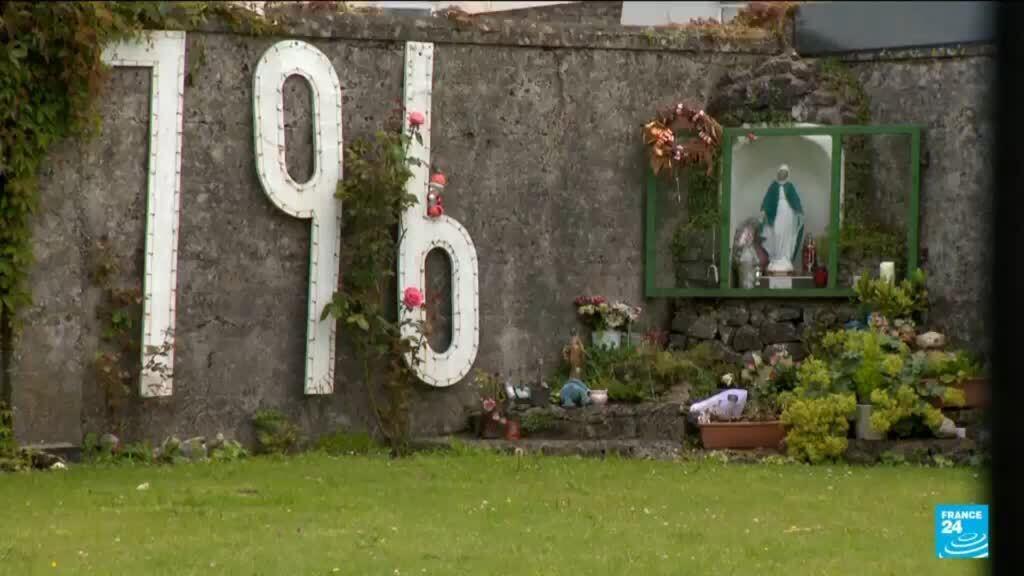Excavations have commenced in Ireland at the site of a former Church-run home for unwed mothers, which is anticipated to reveal the remains of hundreds of infants and young children. This investigation spans two years and is the result of years of advocacy and research into the historical injustices faced by women and children in such institutions.
The home in question, established in the mid-20th century, was part of a broader system of church-run institutions that often stigmatized unwed mothers. The uncovering of evidence for a potential mass grave at this particular site came to light over a decade ago when a historian first began to investigate the historical treatment of these women and the children they bore.
Despite the initial discoveries, it took years for officials to take action, reflecting both societal reluctance to confront this grim chapter in Ireland’s recent history and the complexities involved in excavating such sensitive sites. The community's historical shame surrounding unwed motherhood, compounded by cultural stigmas, has made discussions about the injustices faced by these women particularly challenging.
The announcement of this excavation has prompted renewed public interest and debate regarding the treatment of unwed mothers and their children in Ireland, particularly during the 20th century. Many individuals and families have begun sharing their stories, shedding light on the emotional and traumatic impacts that were inflicted upon women sent to these homes.
As the excavation begins, archaeologists and investigative teams are approaching the site with care and respect, intending to document any findings meticulously. They aim to honor the memory of those who suffered, ensuring that their stories are told. This process not only involves unearthing physical remains but also encompasses a broader mission to reconcile the historical narratives surrounding the treatment of unwed mothers and their children.
Victims’ advocacy groups are deeply involved in this process, pushing for transparency and accountability regarding the conditions that led to these tragedies. As findings are anticipated in the upcoming months, the stakes are high for the investigation. The hope is that this excavation will bring to light the truths that have remained buried for so long. The potential discovery of remains is seen as a critical step towards healing for the families affected, who have long sought answers and recognition of their painful past.
Furthermore, this archaeological endeavor connects to broader conversations about the accountability of religious institutions and their historical roles in societal issues. As excavators move forward, they have committed themselves to treating the site with utmost sensitivity, understanding the deep emotional resonance for those with connections to the deceased.
In summary, the excavation of the former Church-run home for unwed mothers in Ireland symbolizes a crucial acknowledgment of the injustices faced by vulnerable populations within society. It serves as a significant undertaking that aims to properly honor and recognize the lost lives and experiences of those impacted by a system that stigmatized and marginalized them. The broader implications of this investigation highlight the necessity of remembering and rectifying historical wrongs in the pursuit of justice and recognition.
```











